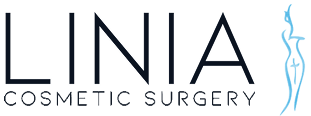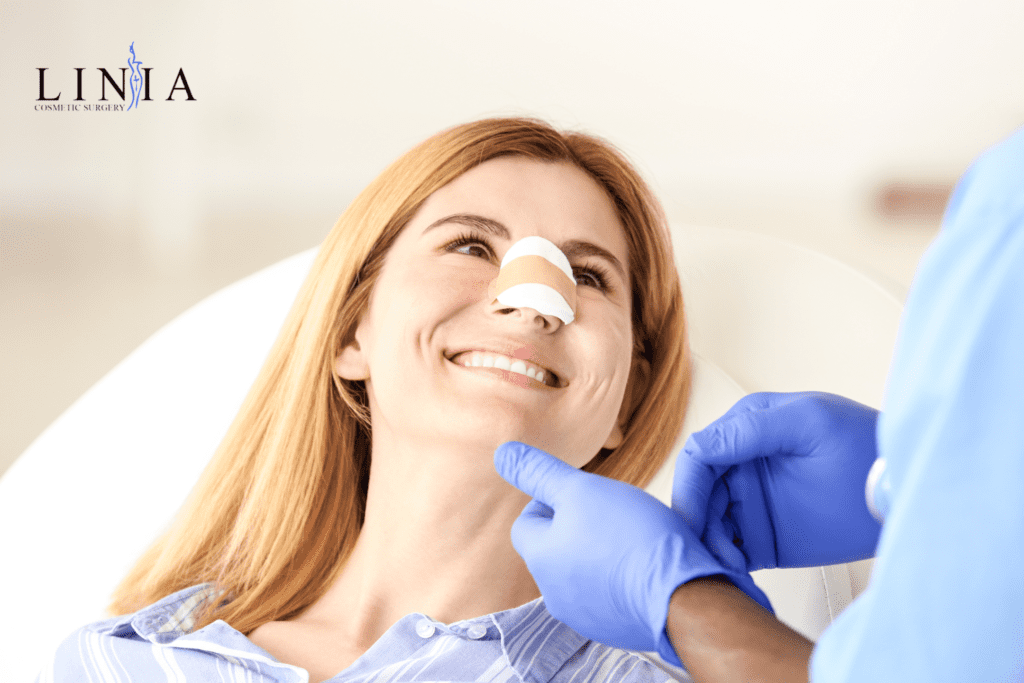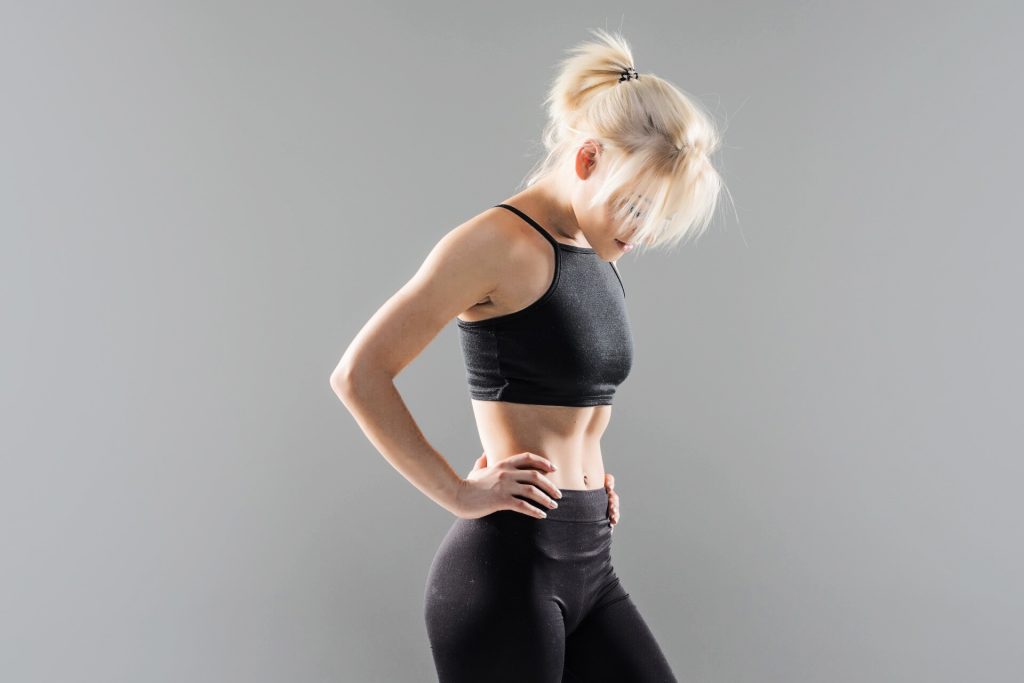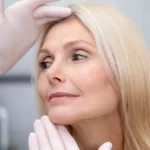Nurturing Your New Nose: Essential Rhinoplasty Aftercare Tips
Undergoing a rhinoplasty, commonly called a nose job, is a decision that holds the promise of profound transformation. It’s a journey towards achieving the profile you’ve always envisioned and boosting your self-confidence. However, the journey doesn’t end with the surgery itself; it’s only the beginning. Proper aftercare is pivotal in ensuring a smooth recovery and realizing the full potential of your rhinoplasty results. This comprehensive guide will delve into twelve essential aftercare tips that will empower you to nurture your new nose and embark on a successful healing process.
Adhere to Your Surgeon’s Guidance
Please follow the instructions given to you by your plastic surgeon or the experienced nose surgeon. Although you have the internet and access to hundreds of articles like this one about rhinoplasty surgery recovery, nothing beats the advice you can get directly from the source.
At Linia Cosmetic Surgery, the facial plastic surgeon who speaks to you on your initial consultation and throughout the process will be the one who performs the rhinoplasty surgical procedure and will be able to give you specific guidance on the prescription pain medicine you need to take, as well as how often and when you need to take them. They will also instruct you on properly caring for your surgical site to prevent infections and how often you must visit for check-ups and follow-ups.
Elevate for Efficacy
If you sleep on your side once you have had rhinoplasty, it won’t just be uncomfortable; it could lengthen the recovery period unnecessarily by causing more swelling and bruising. Perhaps more alarming is the fact that you could even displace your nose. To avoid these, you must keep your head elevated at night for at least six weeks after your rhinoplasty procedure. The easiest way is to use a foam wedge or two or three stacked pillows. You may prefer to sleep in a recliner to achieve the same effect.
Do you suffer from restless leg syndrome or toss and turn often at night? Try keeping your head in the same place with a travel pillow or creating walls beside you of towels rolled up to avoid making rhinoplasty recovery painful. It also allows for better blood flow and blood pressure, which will also help your recovery period.
Tame Swelling with Cold Compresses
Particularly during the first 72 hours of nose surgery recovery, you should use cold compresses to reduce swelling. It would be best if you were careful not to apply it directly to your nose, as this could cause cartilage or bones to shift. Hold it against your cheeks instead. You can use an ice pack or cold compress wrapped in a soft cloth and apply it for around 20 to 30 minutes, various times throughout the day.
Nourishment and Hydration
Eating a balanced and healthy diet is essential, avoiding spicy foods and those with lots of pepper and very salty foods. As you will want to avoid blowing your nose, you must avoid eating or drinking anything that might require that. Crucially, you must ensure you are getting enough protein, Vitamin A and C, and other essential nutrients. It would be best if you also drank plenty of water. Protein is vital for healthy blood, cartilage, muscle, and skin. So, ensure you include lots of protein-rich foods like fish, yoghurt, eggs, meat, nuts, and various fruits and vegetables.
Delicate Cleansing Rituals
While you will want to avoid cleaning the inside of your nose during the first few weeks of recovery, you should maintain a good standard of hygiene around the rest of your face and outside of your nose. Check with your surgeon at Linia Cosmetic Surgery for advice on the type of soap you should use or even cream. Ideally, you will want one that will not aggravate an already sensitive area.
Don’t Blow Your Nose
Although this may seem like a strange direction, you need to avoid anything that could interfere with or disrupt the healing process and extend the rhinoplasty recovery timeline. The best way to avoid blowing your nose is to prevent it from becoming irritated you would need to blow it. As noted in this article, you should be careful with your food and avoid all allergic materials, including spicy, salty, and pepper.
Avoid Wearing Glasses
This rhinoplasty recovery tip is quite tricky if you must always wear glasses following a nose job. Still, you must understand all forms of eyewear, from prescription glasses to reading glasses and even sunglasses, can put unnecessary pressure on your nose. This can cause indentations and additional swelling and bruising, which may mean you need revision surgery.
Listen to the directions of your nasal plastic surgeon, who will be able to tell you when you can start wearing your regular glasses. Until then, you should try to wear contact lenses to cope with them. If you really can’t, try to find the lightest pair of glasses and wear them only when needed. At Linia Cosmetic Surgery, you will be given a special splint you can wear on your nose after surgery so glasses can sit on to reduce pressure on the nose.
Shield Your Nose from the Sun
It is crucial to successful recovery following your rhinoplasty you avoid your nose getting too much sun exposure. The sun’s rays can damage the skin and interfere with your healing. Avoid tanning beds and direct sunlight for at least two weeks following surgery. When you do have to go outside, apply a broad-spectrum sunscreen with an SPF of a minimum of 30.
Pause on Intense Activities
For most people, the average rhinoplasty recovery time is around six weeks. This is how long it will take for the nasal wound healing to complete. For that period, you must avoid doing any form of vigorous or strenuous exercise or activities. That includes seemingly harmless movements like bending, lifting, and stretching. Let your doctor guide you on when to start your everyday activities, including exercise and sexual activity.
Commit to Follow-Up Appointments
Last, you must ensure you attend all your post-op appointments. While you may need to reschedule them occasionally, you should ensure you follow them as close to the date suggested by your plastic surgeon. The first one is often within one or two days following surgery.
Why should you attend these without fail? Your facial plastic surgeon can closely monitor your recovery and remove stitching and packing materials as and when necessary. It depends on the rhinoplasty you have performed.
It will also allow your experienced nose surgeon to spot the telltale signs of swelling and other signs related to healing to avoid small issues becoming huge probes.
Cultivate Patience and Realism
Although we’ve left it to last, being patient with yourself during rhinoplasty recovery is an essential tip that will help ensure the recovery process has a successful outcome. You will eventually heal and ultimately get the results you are after, especially if you come to Linia Cosmetic Surgery for your rhinoplasty. It takes time, though, and there is no way to rush the natural recovery process.
A Journey of Care and Transformation
Embracing the post-rhinoplasty recovery phase with dedication and care is an investment in your journey towards transformation. By adhering to these twelve essential aftercare tips, you can optimize your healing process and savour the fruits of your rhinoplasty journey. Remember, your surgeon is your ally, offering guidance, expertise, and support throughout this process. With a blend of patience, commitment, and self-care, you’re poised to nurture your new nose and celebrate the beauty of your enhanced profile.







